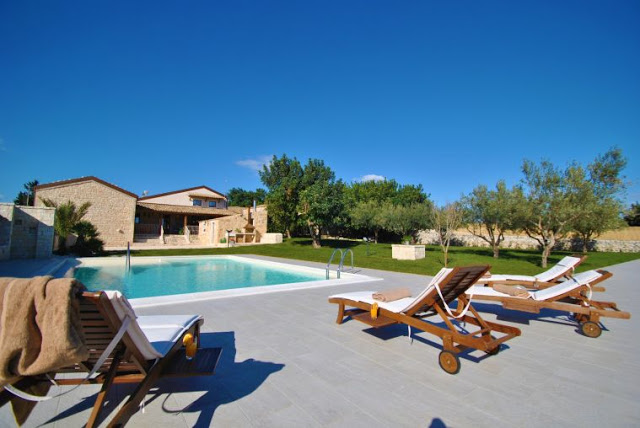 |
| Casa natale di Luigi Pirandello |
As
a French and Italian undergraduate back in the late sixties and early
seventies, one of the authors whose work was to have a lasting effect
on me was Luigi Pirandello, born 150 years ago today. Although or
perhaps because his works were complex and posed questions rather
than answering them, they immediately appealed to me. A recurring
theme in the works of Pirandello is the nature of truth, probably
most famously explored, for British and American audiences, in the
play Sei
personaggi in cerca d’autore (Six Characters in Search of an
Author) but
my favourite has always been Enrico
IV (Henry IV).
The title refers to Henry IV of Germany, Holy Roman Emperor and the
plot centres around an actor who believes himself to be Henry in
“real” life – or does he?
It
is always difficult to justify a liking for authors whose political
views you abhor and Pirandello, although declaring himself
apolitical, initially
supported fascism. However,
in 1927 he tore up his party membership card in front of
fascist leaders and was thereafter watched closely by the régime’s
police.
I
knew that Pirandello had been born in the Agrigento or Girgenti
countryside, but I never thought I would visit his birthplace or
dreamt that Agrigento would become one of my favourite cities.
No one, then, was more surprised than me when, on a hot October day during my first visit to Sicily in 1992, I found myself standing outside the Casa Natale di Luigi Pirandello (Pirandello Birthplace) at 12.55 pm., five minutes before it was due to close. I had left Modica at 5 am in order to catch a bus to Gela, where I had despaired of the connecting bus to Agrigento ever arriving, let alone leaving. Once I arrived (late) in Agrigento, it had taken the rest of the morning to find the stop for the local bus that would take me, via a circuitous route on which it seemed to call in on every housing estate in the city's suburbs, to Luigi. I explained what had happened to the custodian and she kindly let me in and went out of her way to explain the exhibits. Then I walked down to the author’s grave under a pine tree, from which you can see the sea and, on a clear day, the coast of Africa. Pirandello had written,
“Take
my urn to Sicily and place it under a stone in the Girgenti
(Agrigento) countryside,
where I was born."
I,
less eloquently, said,
“Luigi,
I’ve come to see you. It’s taken me a long time and you weren’t
always easy to study, nor were you easy to find today. But you taught
me to look at life from many different angles and, although at times
I've cursed you for it, today I'm here to thank you."



























No comments:
Post a Comment